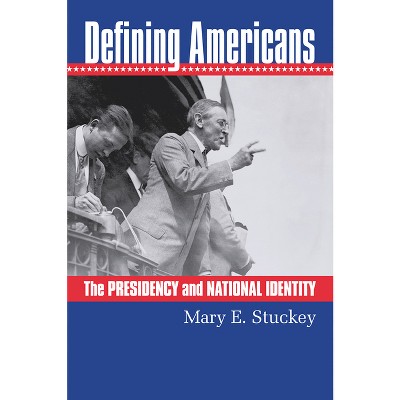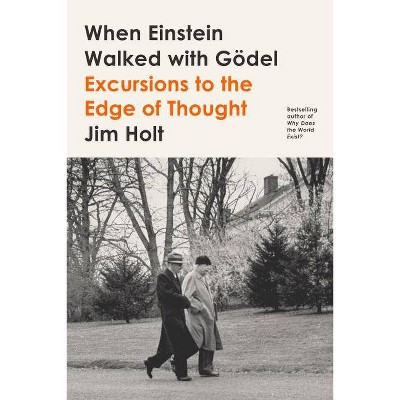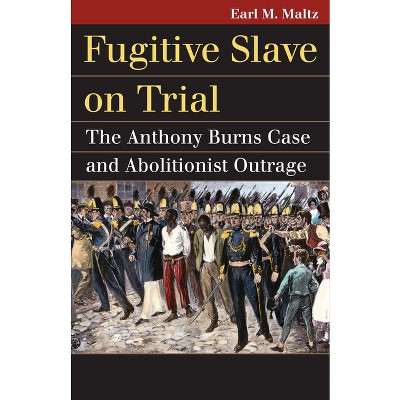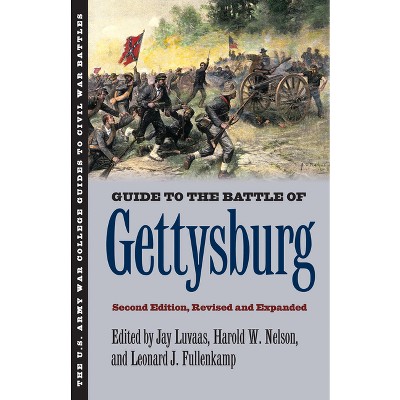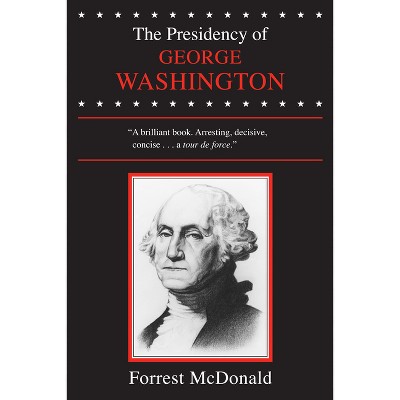Sponsored

For the Enjoyment of the People - by Mary E Stuckey (Hardcover)
In Stock
Sponsored
About this item
Highlights
- National parks are widely revered as "America's best idea"--they are abundantly popular and remarkably noncontroversial in the United States.
- Author(s): Mary E Stuckey
- 304 Pages
- History, United States
Description
About the Book
"While its national parks are widely viewed as "America's best idea," and are both popular and noncontroversial in the United States, the establishment and history of almost every national park has been characterized by conflict over competing claims to land, history, knowledge, and economic interests. American presidents stake their claims to environmentalism, their assertions of a singular national history, and their definitions of a unified national identity on the parks, and often do so inside the parks themselves. Like any major area of public policy, however, the fissures present in debates over the national parks also represent important fracture lines in the public understanding of the meaning of "America" and of individual claims to citizenship. The park system, in other words, does a lot of political work for both presidents and the mass public, even though much of that work goes largely unnoticed. This book explores that political work, focusing on national origins and the dispossession of Indigenous peoples, monuments to the national past, heritage and the assertion of a national narrative, environmentalism and natural resources, and the exploitation of the national landscape for economic gain"--Book Synopsis
National parks are widely revered as "America's best idea"--they are abundantly popular and remarkably noncontroversial in the United States. American presidents use these parks to stake their claims to environmentalism, assert a singular national history, and define a unified national identity, often doing so inside the parks themselves. However, the establishment and history of almost every national park has been riddled with conflict over competing claims to land, knowledge, and economic interests. Like any major area of public policy, the fissures present in debates over the national parks also represent important fracture lines in the public understanding of the meaning of America and of individual claims to citizenship. The park system, in other words, does a lot of political work for both presidents and the mass public, even though much of that work goes largely unnoticed. This book explores that political work by addressing themes of national origins and the dispossession of Indigenous peoples; monuments to the national past, heritage, and the assertion of a national narrative; environmentalism and natural resources; and exploitation of the national landscape for economic gain.
In For the Enjoyment of the People, Mary Stuckey looks at the politics of the parks as well as what the parks can teach us about citizenship and what it means to be American. Stuckey asserts that through the national parks we can hope to explain the past, clarify the present, and project the future. Combining interdisciplinary conversations about tourism, public memory, national history, park history, the presidency, and national identity, Stuckey contributes insightful ideas to the conversation on the history of national parks while examining the natural, military, and patriotic nature of America's best idea.
Review Quotes
"The rhetorical work of space and place is taken seriously in For the Enjoyment of the People. Stuckey supplies a brilliant interrogation of the ways that national parks have been used for claiming American identity and how the contestation of national identity can be forged from these same lands."--Leslie A. Hahner, professor of communication, Baylor University
"In For the Enjoyment of the People, Stuckey expertly explores the presidential politics and rhetoric engaged around the creation and extension of the national park system, while simultaneously unpacking what she terms the 'political work' exercised by the parks themselves. Stuckey artfully delineates how the two historical paths merge and clash around multiple layers of identity and value for a host of actors. The tension between extraction, conservation, spirituality, and delineating identity is revealed through fascinating case studies of many of the United States' most beautiful, visited, and fought over public areas."--Diane J. Heith, author of The End of the Rhetorical Presidency?: Public Leadership in the Trump Era
Shipping details
Return details
Trending Non-Fiction






